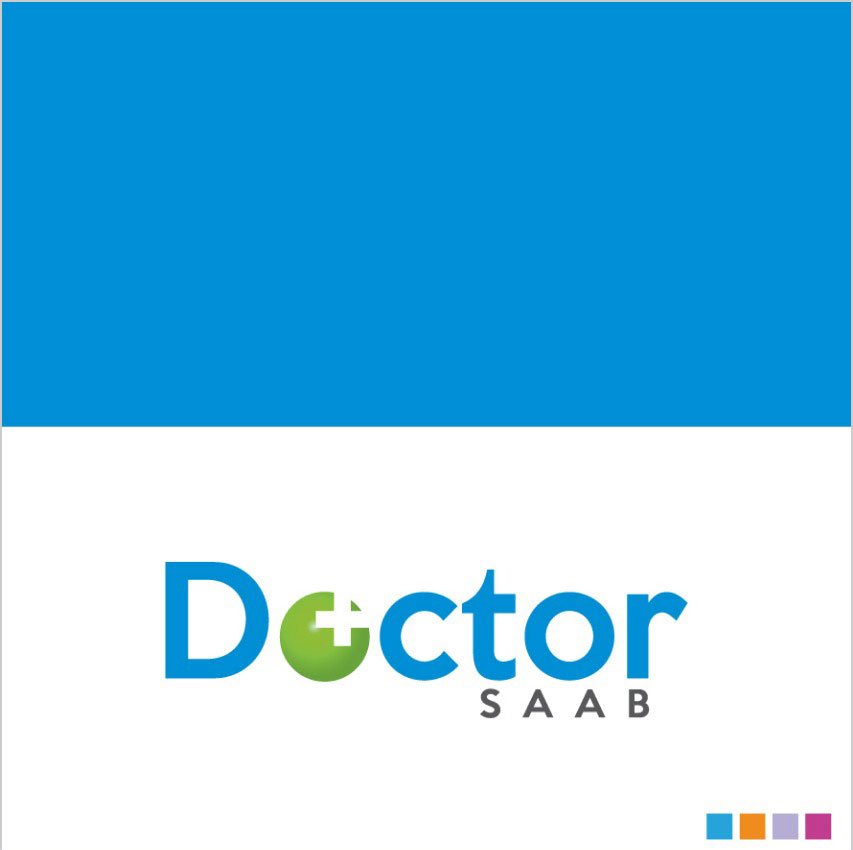Attention Deficit Hyperactivity Disorder (ADHD)
WHAT IS ATTENTION DEFICIT HYPERACTIVITY DISORDER (ADHD)?
ADHD is the most commonly diagnosed mental disorder of children. Children with ADHD may be hyperactive and unable to control their impulses. Or they may have trouble paying attention. These behaviors may interfere with their schooling and normal day to day life.
The cause of ADHD is mostly unknown. several things may lead to it, like:
-
Heredity
-
Chemical imbalance
-
Brain changes. (Areas of the brain that control attention less active)
-
Poor nutrition, infections, smoking, drinking, and substance abuse during pregnancy.
-
Toxins, such as lead (may affect a child's brain development)
-
A brain injury or a brain disorder.
WHAT ARE THE SYMPTOMS OF ATTENTION DEFICIT HYPERACTIVITY DISORDER (ADHD) IN CHILDREN?
Symptoms in Children: Can be classified into three areas
-
Inattention: This includes symptoms like: easily distracted, won’t follow directions or finish tasks, appear not to be listening, make careless mistakes, forget daily activities, problem organizing daily tasks, don’t like doing things that require sitting still, lose things often, daydreaming
-
Hyperactivity: Restlessness, squirming, fidgeting, don’t stay seated, trouble playing quietly, talk excessively
-
Impulsiveness: Having trouble waiting for their turn, blurts out answers, interrupts talking
Symptoms in Adults: Symptoms of ADHD change as a person gets older:
-
Chronic lateness and forgetfulness
-
Anxiety, depression and mood swings
-
Low self-esteem
-
Problems at work and with colleagues and relationship issues
-
Trouble controlling bursts of anger
-
Impulsiveness
-
Substance abuse or addiction
-
Unorganized and Absent Minded
-
Procrastination
-
Easily frustrated and Chronic boredom
-
Trouble concentrating when reading, writing
DIAGNOSIS AND TREATMENT
Diagnosis: No single test can be used to diagnose ADHD. Experts diagnose it after a person has shown few or all of the symptoms on a regular basis for more than 6 months over several interactions.
Treatment :
-
Most symptoms of ADHD can be managed with medication and therapy.
-
Special education helps a child learn at school.
-
Behavior modification helps replacing bad behaviors with good ones.
-
Psychotherapy (counseling) can help someone with ADHD learn better ways to handle their emotions and frustration and may also help family members better understand the child or adult with ADHD.
-
Social skills training can teach behaviors, such as taking turns and sharing.
-
Support groups of people with similar problems and needs can help with acceptance and support.
IMPORTANT INFORMATION
It’s important to pay attention to symptoms and see a doctor regularly. For many people, the symptoms of ADHD get better in early adulthood, and some are even able to stop treatment.
Authenticated by:


